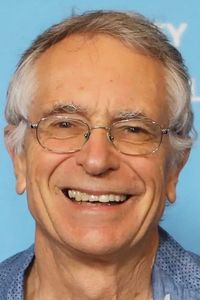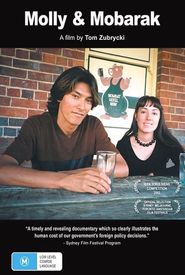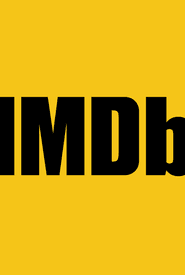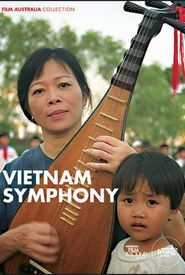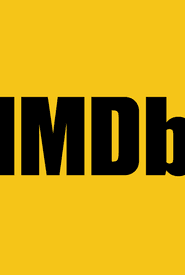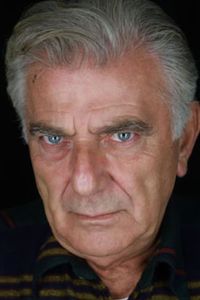Tom Zubrycki has spent over 45 years crafting documentaries, earning numerous awards for his work and mentorship within the industry. He began his career in the early 1970s as a leading figure in the video access movement, before embarking on his first film, WATERLOO (1981),a historical account of a battle by residents against redevelopment of their inner Sydney suburb.
This was followed by KEMIRA - DIARY OF A STRIKE, which won an ACTAA in 1984, and FRIENDS AND ENEMIES (1986). In the 1990s, Zubrycki shifted his focus to migrant and refugee stories, creating films like BILLAL (1995),which explored the impact of a racially motivated attack on a Lebanese family, and HOMELANDS (1992),which told the story of a refugee family torn apart by their conflicting desire to return to their homeland. Both films received AACTA nominations.
Throughout his career, Zubrycki developed a distinctive engaged observational storytelling style, marked by his ability to form close connections with his subjects. After serving as a commissioning editor at SBS in 1996, he returned to filmmaking, directing critically acclaimed films like THE DIPLOMAT (2000),about East Timorese independence leader Jose Ramos Horta, which won AACTA awards for Best Film and Best Direction, and MOLLY & MOBARAK (2003),a story exploring the friendship between an Afghan asylum-seeker and a young woman in a country town.
Recent films include THE HUNGRY TIDE (2011),about climate change in the Pacific nation of Kiribati, and HOPE ROAD (2017). Zubrycki has also produced over 20 films with early-career writer/directors, including EXILE IN SARAJEVO (1996),which won an International Emmy, STOLEN GENERATIONS (2000),THE SUNNYBOY (2015),THE WEATHER DIARIES (2020),and ABLAZE (2021).
In recognition of his contributions, Zubrycki received the Cecil Holmes Award in 2009 for his ongoing career support for directors and the Stanley Hawes Award in 2010 for his outstanding contribution to documentary filmmaking in Australia. He taught documentary at UTS for eight years and ran regular master-classes in documentary at AFTRS for 12 years. In 2018, he presented a platform paper, The Changing Landscape of Australian Documentary, calling for increased government funding for documentaries and strict quotas for Australian content on streaming platforms.
